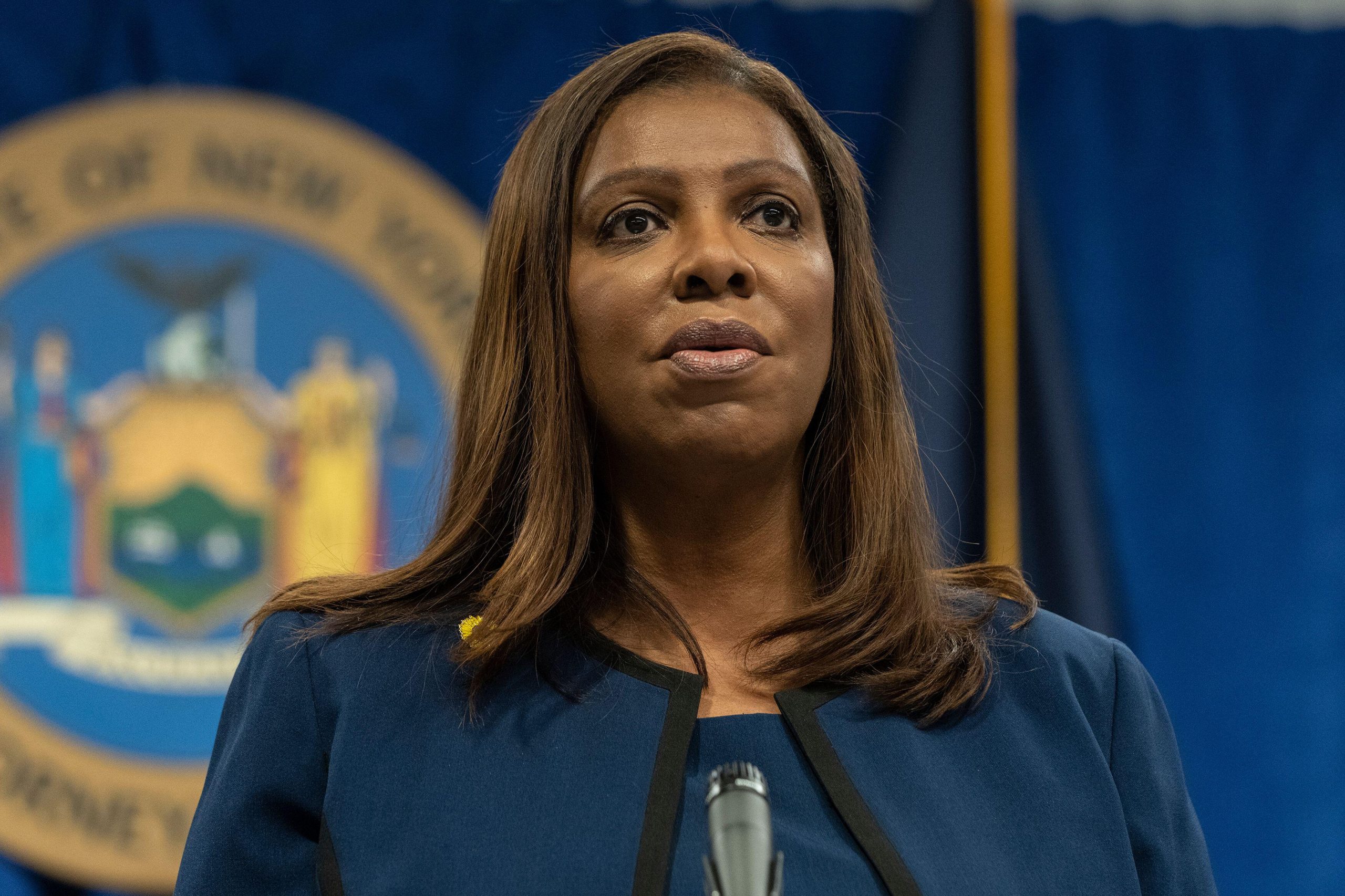It was in 2015, during my internship at one of China’s most prominent digital media publications, that I had my first close encounter with censorship. Every so often the editor-in-chief would repost a message to our online chat group coming from someone whose username was “The Person is Present” (“人在呢”). They were from the Cyberspace Administration, which is the national internet regulator and censor of China. The message was always an instruction such as “Look up and delete all related reportage on the topic of A, report by 6PM.” The username, together with the requests they made, created an Orwellian atmosphere that even at my level as just an intern was chilling. All I could think was: “Big Brother is watching you.”
That same year, “the Feminist Five”, a group of feminist activists, were arrested for planning to protest against sexual harassment on public transport just before International Women’s Day. Today even more feminists have been targeted, including Index 2022 award winner Sophia Huang Xueqin, who has been in jail for years now for her journalism and activism. Many of those who protested and were later arrested during the White Paper Revolution were also connected to the feminist movement. But not all discussions around women’s rights were or are silenced.
“To be honest, in today’s China, it’s difficult to discuss other topics in detail, but the topic of feminism can be discussed to some extent,” the journalist Qing Wang said in one episode of her podcast The Weirdo. Books about feminism by authors such as the Japanese feminist Chizuko Ueno have become bestsellers in China, even though the publishing sector censors other subjects. Feminist conversations with Chinese characteristics, which oppose the display of female sexuality and eroticism, as exemplified in the discussions around K-pop star Lisa’s Crazy Horse cabaret performance, are allowed to flourish rather than being censored because they essentially align with the ruling patriarchal and traditional Confucius values.
The most recent incident that sparked a widespread debate on feminism in the Mandarin-speaking world was a unique eulogy article written by Dr Lang Chen, the wife of assistant professor Xiaohong Xu at the University of Michigan, in which she delineated the gender dynamic in an intellectual household. The single article went viral online and reached more than 100,000 readers this January.
General feminist topics such as period poverty and gender-based healthcare inequalities are also essentially allowed. The latter discussion has even led to positive change. For example, in September 2022, after a woman’s complaint about the unavailability of sanitary towels on bullet trains became a trending topic on Weibo, the bullet trains started selling period products.
As shown in the Baidu Index, searching for the word “nvquan” (feminism) surged to a historical high at the time of the 2022 Tangshan restaurant attack, in which four women were savagely beaten by a group of men after rejecting their unwanted advances. However, the censorship machine soon turned the narrative from gender-based violence and femicide towards gang violence. Any efforts to approach the incident from a feminist angle on social media such as Weibo and WeChat was subject to the accusation of “inciting conflict between genders” and therefore scrubbed by the censors. For example, an article from the account Philosophia哲学社, which discussed the incident under the title “The Tangshan Barbecue Restaurant Incident Is Exactly An Issue of Gender”, was promptly removed from the WeChat platform. All the while other discussions asserting the idea that it was not a gender issue but rather a matter of human safety were allowed to spread.
Another illustration of where it starts to move into murkier waters is the well-known case of Zhou Xiaoxuan (better known as Xianzi) accusing Zhu Jun, a host from the state broadcaster CCTV, of sexual harassment. This case did spark widespread feminist discussions and helped launch the #MeToo movement in China. But the #MeToo term itself was promptly banned on social media (which led to a series of other terms to try and bypass the censors), Xianzi was suspended from Weibo and the court case ruled against her, symbolising a setback for China’s feminist movement.
The Chinese-US novelist Geling Yan was also silenced on Chinese social media because she voiced her anger in 2022 about the Xuzhou chained woman incident, where a woman was trafficked before being chained to a wall for years, continuously raped and gave birth to eight children. Yan called Xi Jinping “a human trafficker” in one interview. Directing her anger to the top was not appreciated. Her essays were removed from social media, she was blocked and her name was even removed from a Zhang Yimou film based on one of her novels.
So how can we make sense of the fact that some discussion of feminism is allowed while some discussion is not? Essentially feminist debate faces censorship once it starts to attract public attention, challenge the ruling power and has the potential to move to offline collective action. As one activist and member of the civic group BCome, who acted in the feminist theatre play Our Vaginas, OurSelves, has said:
“The censorship machine is most concerned with the potential of offline gathering and organised collective action. As made evident in ‘the Xuzhou chained woman incident’, Wuyi was just an ordinary netizen who had no previous activist records, and she got arrested only because she took the action of going to the actual place and investigating the incident herself.”
Due to the action-oriented nature of her work, the actor-turned-activist suffered from constant harassment from state security agents, and her phone which was registered in China, was traced and tapped.
This also helps explain the swift action around Chinese tennis player Peng Shuai, who accused a top Chinese official of sexual harassment. Shuai has largely disappeared from the public space since she spoke out. While what she did didn’t necessarily fit into the box of collective action, like the Feminist Five’s actions, Peng still went after a top official. As this Index article highlights, China has space for people to accuse low-level officials but not those at the top and Peng learnt the hard way.
Another issue that feminists now face is China’s low birthrate, which fell for the seventh year in a row in 2023. Fear is that censorship of feminism will increase as an growing number of Chinese feminists now hold negative views on marriage and childbearing. This is especially true for those identified as “radical feminists”, who are strongly against heteronormative marriage and childbearing. Many believe this was the reason behind the overnight crackdown on eight radical feminist groups in 2021 on Douban, with the officially stated reason being that they “consisted of extremism and radical political ideology”.
One episode of the critically acclaimed feminist podcast Seahorse planet, which discussed resisting the tradition of unconditionally obeying one’s parents, was similarly censored as filial piety is seen as the bedrock of the Chinese patriarchal order – which demands an increasing birthrate. On the flipside you have labels like “leftover women”, a negative term that gained traction from 2006 to essentially try and shame women into getting married, which continues to be used on one form or another. Ultimately it’s expedient for the government to pressure Chinese women into having children and they’ll ramp up rhetoric that helps that, while curtailing conversations advocating the opposite.
So is the topic of feminism free to discuss in China? Yes, so long as it’s not oriented towards collective-action, it leaves the ruling power of the party-state untouched and doesn’t threaten the birthrate, which doesn’t really leave much to discuss at all, except perhaps sanitary pads and lipstick.





